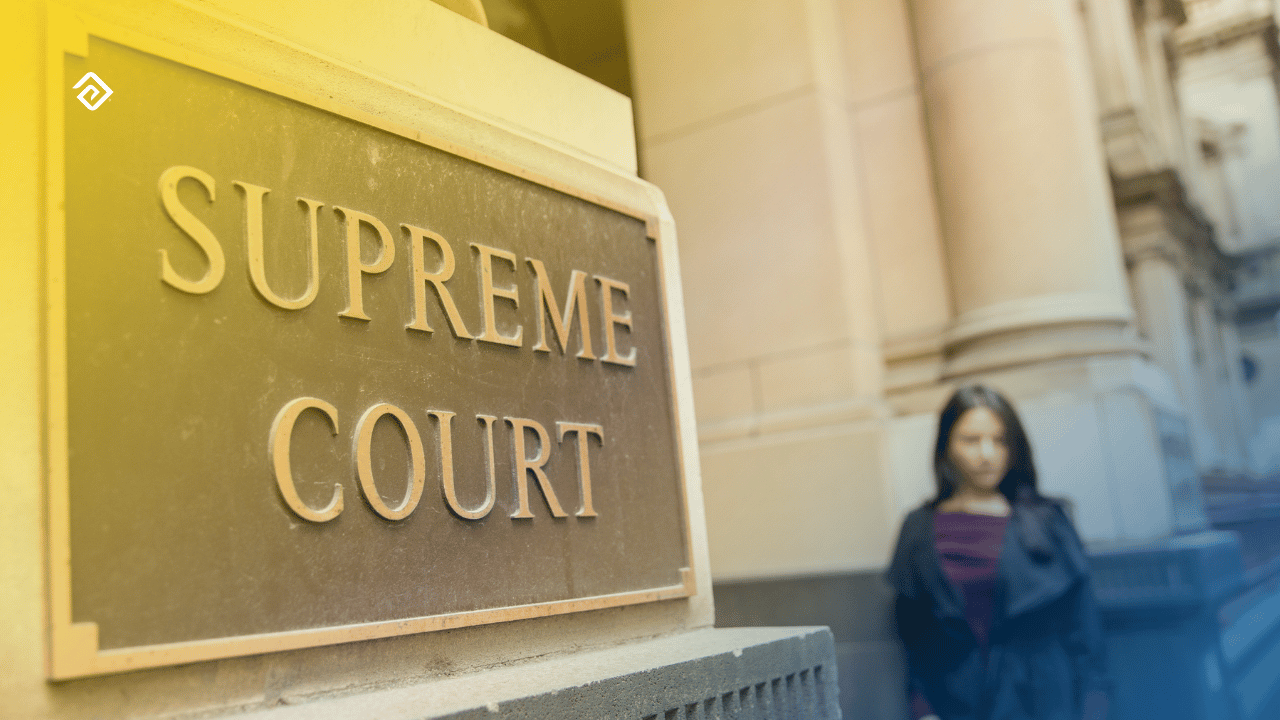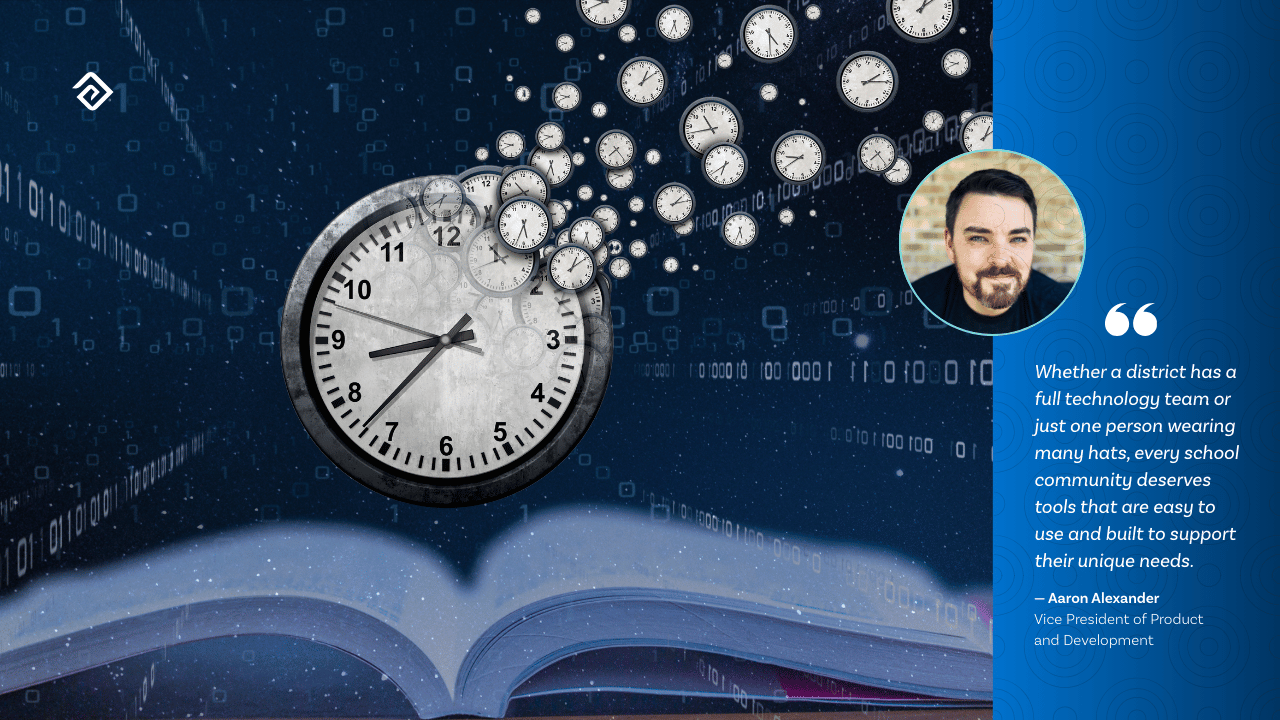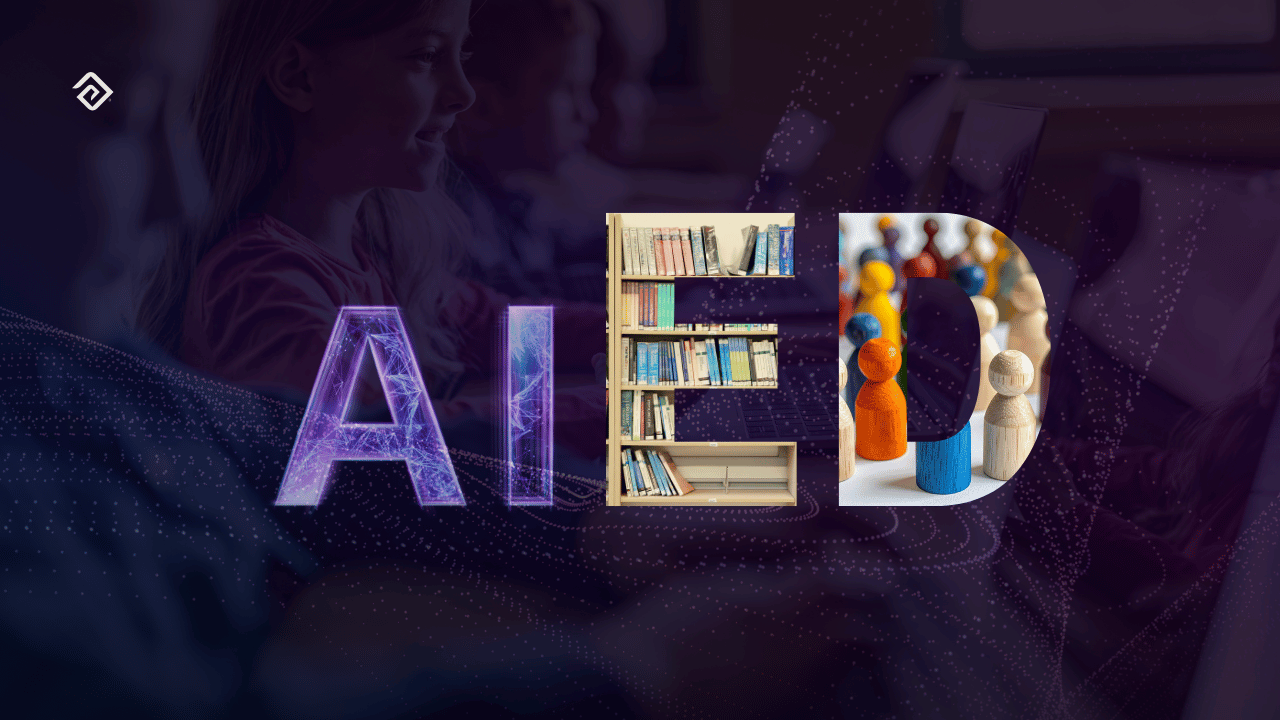What Do School Counselors Do?

School counselors guide students on academic pathways and support those facing personal challenges. The specific responsibilities of school counselors may vary depending on whether they work in an elementary, middle, or high school setting.
Regardless of where they work, these professionals stand up for students’ mental health and well-being. Also, they work to create a nurturing environment that supports students’ academic excellence and personal growth.
What Is a School Counselor?
School counselors put in place counseling programs to support students’ academic achievement, social and emotional development, and college and career readiness. Their primary goal is to ensure students’ overall well-being and success.

The role of school counselors has evolved well beyond guidance counseling in recent years. They now focus more on direct service with students and leadership within school teams. Counselors provide students with a range of services, including:
- Academic Counseling: Assisting students in setting academic goals, selecting appropriate courses, and developing study skills.
- Career Guidance: Helping students explore career options and providing information about college admissions, vocational training, and employment opportunities.
- Personal/Social Counseling: Addressing students’ concerns such as peer relationships, bullying, mental health issues, and coping with stress or family problems.
School counselors may conduct individual or group counseling sessions and team up with teachers, students’ families, and other professionals to support students’ development.
Functions of School Counselors Across Grade Levels
Elementary School Counselors
Counselors play a big part in helping students succeed in elementary school. They focus on teaching important skills to students, like how to manage time and learn study skills.
Working closely with teachers and other school staff, elementary school counselors make sure students learn according to their needs. They also help out students and their families during this formative period of their lives. For instance, if there are problems at school or home, counselors may work with families to find solutions together.
Middle School Counselors
Middle school can be a tricky time as students transition from childhood to young adulthood. School counselors provide important support to help students handle the changes and challenges during this period.
In middle school, counselors work to connect students with teachers, families, and school administrators to address students’ needs. Besides creating a supportive environment for learning and personal growth, they may also step in when obstacles to learning are identified.
Counselors recognize that what students learn, and experience in middle school sets the stage for their future success. That’s why they work hard to guide students along the right path in this critical stage.
High School Counselors
Counselors in high schools help students plan for life after graduation. They support students going through tough times as well as those dealing with mental health issues. Also, they run educational programs to help tackle problems like drug abuse and bullying.
Using education tools like Pathways, school counselors can ensure students are on track to graduate. To ensure students are prepared to succeed after high school, counselors also teach practical skills like how to apply for jobs, write resumes, and prepare for interviews.
Overall, high school counselors support students as they grow into adults, helping them build confidence and resilience for whatever comes next.
8 Important Roles of School Counselors
At its core, the role of school counselors centers on designing and delivering sound school counseling programs that improve student outcomes. Here are 8 key roles of these professionals:
1. Advisor
School counselors help students figure out their interests and strengths, which goes a long way to preventing or at least reducing the number of students who drop out of school. Counselors also advise students on career choices and how to prepare for college admissions and higher education.
2. Professional Confidant
Counselors lend support, give advice, and listen when students need someone to talk to. In this professional friendship role, students can confide in counselors, knowing that, within clear legal and ethical boundaries, a right of privacy and confidentiality exists between them and the counselor.
3. Social Skills Teacher
School counselors are social skills coaches, helping students learn how to communicate effectively and prevent or resolve conflicts peacefully. They research and select appropriate social skills curricula and assist teachers in implementing these skills in the classroom.
4. Consultant
Counselors collaborate with school staff to support the school organization and teaching/learning process. They develop research-based counseling programs tailored to student needs and use data to assess program effectiveness.
5. Mediator
When there’s conflict between students or teachers, school counselors step in to help resolve things calmly and peacefully. For example, they might work with students who have had physical altercations or who feel a teacher has treated them unfairly.
6. Disciplinarian
In some schools, counselors handle disciplinary issues and work with students who misbehave or struggle with school attendance. They may meet with students who are sent out of class by teachers and determine appropriate actions, including involving school administrators at the right time.
7. Psychologist
Although their responsibilities are different, there are times when school counselors may take on the role of school psychologists. Often, this involves addressing bullying situations or student trauma during counseling sessions.
8. Teacher
In some cases, school counselors may be called upon to assist classroom teachers. In this role, counselors may deliver lessons on social and emotional learning or provide consultation. The goal is to create engaging lessons and check how well students understand what is being taught with the aim of adjusting future content.
Responsibilities of a School Counselor
One of the primary responsibilities of a school counselor is to put in place counseling programs that make a difference for students at every level of education. Here are four specific dimensions of this important role:
1. Work With Teachers and Students’ Families
School counselors understand the value of teamwork in supporting students. They collaborate with teachers to develop strategies for students with learning difficulties. In some cases, counselors may meet with families to discuss ways to support learning at home. They also work with both teachers and families to address mental health or behavioral challenges in students.
2. Connect Students With Outside Support
Some students may face challenges requiring more specialized help than the school can provide. In such cases, school counselors may refer students to external agencies that have the expertise to address their needs. For instance, counselors may advise families to consider having their child undergo psychological evaluation. Additionally, child welfare laws mandate counselors to notify the appropriate authorities of any instances of child neglect or abuse.
3. Be an Active Member of Student Support Teams
As part of the school’s student support team, school counselors work alongside other team members to discuss students who need extra help and share important information about their well-being and academic support. Counselors work with the school’s student welfare committee to create, organize, and evaluate programs that improve student welfare and academic success.
4. Reviewing and Enhancing the Counseling Program
School counselors work to make sure their school’s counseling program is effective. They review existing counseling practices and figure out how to make them better. It is their responsibility to talk with the school board about their ideas and try to make changes that will help everyone ― teachers, students, and families.
5. Track, Monitor, and Report Student Progress
Counselors, especially those on secondary campuses, closely track student academic progress to ensure students are earning appropriate credits and meeting a plethora of state mandates. With the increase in state accountability measures that change consistently, along with the funding tied to student accomplishments, counselors spend a large amount of time monitoring each student and groups of students.
If your school is interested in new ways to improve the learning experience for children, you may also be interested in automating tasks and streamlining processes so that your teachers have more time to teach. Education Advanced offers a large suite of tools that may be able to help. For example, three of our most popular and effective tools are:
- TestHound, our test accommodation software, helps schools coordinate thousands of students across all state and local K-12 school assessments while taking into account dozens of accommodations (reading disabilities, physical disabilities, translations, etc.) for students.
- Pathways, our college and career readiness software, helps administrators and counselors create, track, and analyze graduation pathways to ensure secondary students are on track to graduate.
- Evaluation, our teacher evaluation software, which documents every step of the staff evaluation process, including walk-throughs, self-evaluations, supporting evidence, reporting, and performance analytics.

More Great Content
We know you'll love





